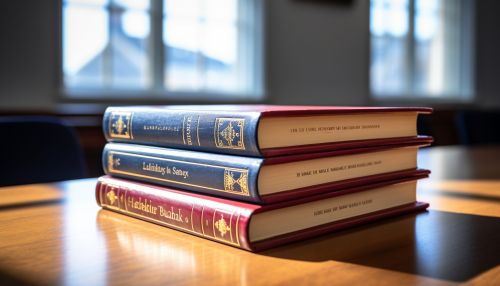Harvard Law Review
Overview
The Harvard Law Review is a prestigious, student-edited journal that publishes legal scholarship from renowned academics, judges, and practitioners worldwide. It is one of the most widely cited law reviews, influencing courts, scholars, and practitioners in the United States and beyond.
History
The Harvard Law Review was founded in 1887 by Louis Brandeis, who later became a Justice of the United States Supreme Court. The Review was initially established as a forum for students and faculty to discuss and debate legal issues of the day. Over time, it evolved into a professional publication that features articles, essays, and book reviews by leading legal scholars, practitioners, and students.
Organization and Structure
The Harvard Law Review is run by an editorial board composed of students at Harvard Law School. The board is divided into several committees, each responsible for a specific aspect of the Review's operations, such as article selection, editing, and publication. The entire board is overseen by a group of student officers elected by their peers.
Publication
The Harvard Law Review publishes eight issues annually, each containing articles, essays, and book reviews. The Review also publishes the Harvard Law Review Forum, an online companion to the print edition that features short, timely pieces of legal scholarship.
Impact and Influence
The Harvard Law Review has a significant impact on legal scholarship and jurisprudence. Its articles are frequently cited by courts, including the United States Supreme Court, and it is a leading forum for innovative legal thought and debate.
Notable Alumni
Many notable legal scholars, judges, and practitioners have served on the editorial board of the Harvard Law Review, including several Justices of the United States Supreme Court and numerous federal appellate judges.
See Also


